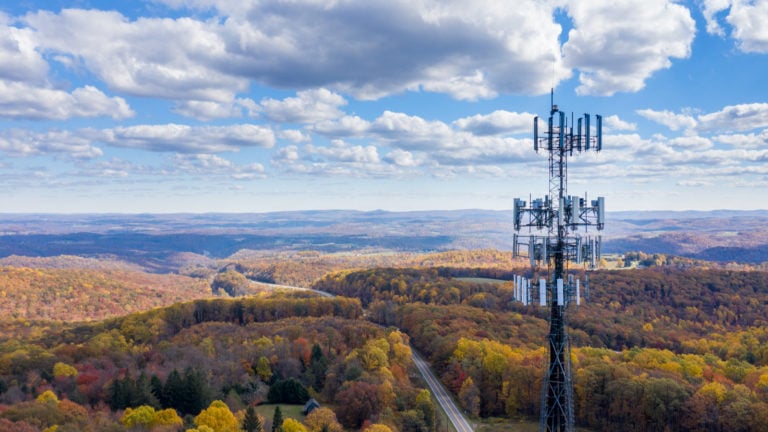Americans noticed an increase in their home internet costs recently, something that’s been an ongoing concern for many households.
Next month, the U.S. government could only cover about half of the benefits low-income Americans are entitled to under a federal program. The program is the Affordable Connectivity Program (ACP), which provides internet service discounts to over 23 million households, including seniors and veterans.
The average broadband bill rose to $89 from an initial $77 per month. A late 2023 survey of 2,500 Americans revealed increasing broadband costs are among the most pertinent and visible price hikes many are focusing on. Most respondents reported paying between $20 and $60 monthly when they first subscribed.
For example, New Jersey residents pay an average of $126 monthly for internet, feeling the pinch more than others. Montana, on the other hand, has the lowest average bill at $70. With the Affordable Connectivity Program ending, offering up to $30 monthly subsidies for internet bills, Congress faces challenges in renewing it.
Due to funding shortages, April marks the final month of full benefits, with only 46% coverage expected in May before the program shuts down entirely.
Recent Surveys
A recent survey by the U.S. World and News Report reveals a notable increase in the average American internet bill. The increase is certainly something many households will pay attention to. The continued climb suggests price hikes are being built into many business models, making rising internet costs more sticky than many would otherwise like to see.
A survey examining respondents’ internet bills, service reliability and satisfaction suggested increased angst on this front. That certainly makes sense. Rising inflation has contributed to escalating prices across the board. And it’s now expected by many consumers that prices will only continue to head higher, despite many households initially signing up for internet in the $20 to $60 range not long ago.
What Happened?
In January, U.S. lawmakers acted to prevent sudden internet bill hikes by introducing bipartisan legislation to extend the ACP. The proposed bill allocates $7 billion, $1 billion more than last year’s White House proposal, providing monthly discounts of $30 for low-income households and up to $75 for those on tribal lands.
The ACP has high uptake in states like California, Kentucky, North Carolina and Ohio, reaching at least 60% of eligible households in each state. It operates through internet service providers to assist households earning within 200% of federal poverty guidelines.
Moreover, the ACP qualifies households through various federal aid programs and currently serves nearly 23 million homes. However, the FCC warned of its shutdown unless Congress extends it, with funds likely to run out by April’s end. FCC Chairwoman Jessica Rosenworcel urged Congress to act swiftly to save the program.
Established in the 2021 bipartisan infrastructure law with $14 billion, the ACP replaced the Emergency Broadband Benefit Program. It’s lauded by both parties for bridging the digital divide, aiding minorities, seniors and veterans. The program supports 1,700 ISPs, but its expiration would raise costs and hinder network expansion. However, extending the ACP faces challenges, particularly in the House, according to Blair Levin, a telecom analyst at NewStreet Research.
Levin noted on Monday that House Republicans, aiming to showcase fiscal restraint, pose challenges to ACP’s refunding. He suggested that House GOP leaders might not bring the bill to the floor. However, Levin added that if the bill were to be voted on, it would likely pass due to the GOP’s narrow majority.
What to Expect?
Following the program’s shutdown, subscribers might face significant increases in internet costs or could lose service altogether. Many recipients have expressed concerns about affording both the internet and basic necessities.
With funds dwindling, Congress hasn’t yet renewed the ACP. The Biden administration blames Republicans for stalling legislation. House Speaker Mike Johnson (R-LA) hasn’t clarified his stance, but Senate Majority Leader Chuck Schumer (D-NY) supports additional funding. A bipartisan bill for $7 billion in new funding has gained traction in the Senate, with support from both parties. The FCC suggests ISPs could voluntarily help bridge the gap for affected Americans.
The agency urged providers to help keep consumers connected, suggesting they offer discounts or low-cost internet plans to prevent service interruptions. We’ll have to see how this all plays out, but for now, it appears prices may continue to rise heading into this summer.
On the date of publication, Chris MacDonald did not have (either directly or indirectly) any positions in the securities mentioned in this article. The opinions expressed in this article are those of the writer, subject to the InvestorPlace.com Publishing Guidelines.

